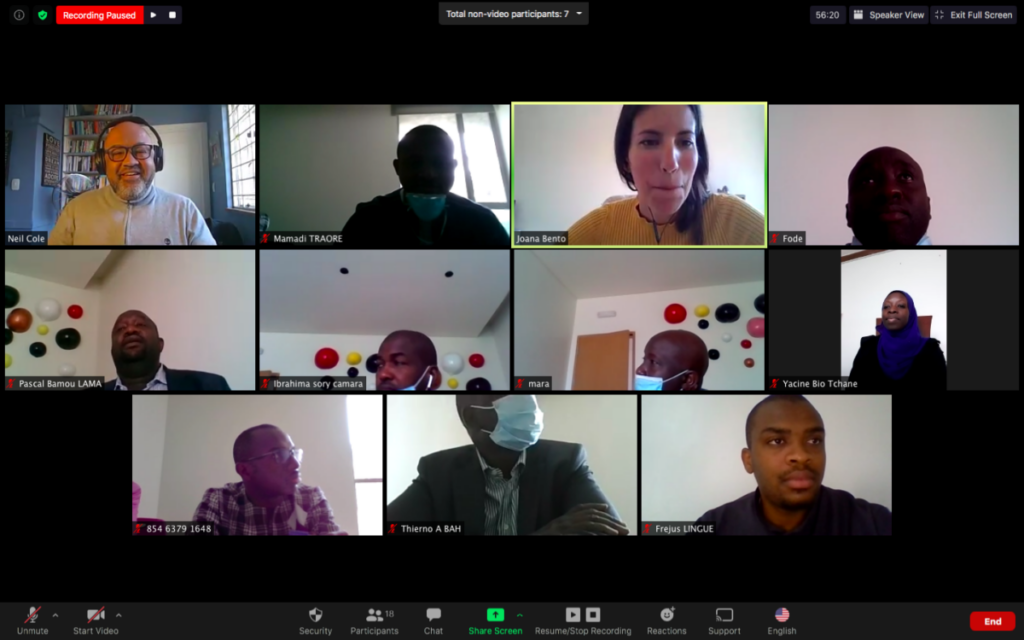In June, CABRI organised no less than twelve framing workshops with the six country teams in the BPFC programme, namely Central African Republic, Ghana, Guinea, Mali, Nigeria and the Gambia. The workshops were held via Zoom, using screen sharing and collaborative whiteboards, to frame and contextualise the public finance problems identified, identify potential causes and define entry points where teams can start working to address the problems.

The nominated problems have significant implications for countries’ public finances. These range from capability gaps in service delivery such as inefficiencies in procurement of goods and services in the Gambia, to very explicit issues in the implementation of school nutrition programmes in Mali. Nigeria identified weaknesses in the tracking of releases and utilisation of funds to delivery units, which come at significant costs in the implementation of projects. Others, such as Ghana, identified inefficiencies in cash management processes that result in the build-up of arrears or delays in the implementation of projects. The Central Africa Republic is looking at the performance in the mobilisation of resources and transfer of funds to the Treasury account by public offices, often much lower than expected. Finally, Guinea will be working on issues preventing priority projects to be effectively budgeted for.
In identifying entry points, teams had to carefully consider the sequencing of actions and where they have space for reform. Many reforms place significant emphasis on obtaining the right level of authorisation to push reforms through a bottom up approach. Yet, what we know about institutional reform processes is that acceptance by key stakeholders plays a major role in whether these reforms are successful – a dimension that is too often ignored. When identifying entry points, teams were asked to consider three key dimensions: whether they have the ability (resources and skills) to act on the issues identified, whether they have the authorisation (politically, administrative) to carry out these actions but also to consider the level of acceptance from different stakeholders involved in the reform process.
As teams started to unpack these complex issues, it was clear that deeper understanding of stakeholder’s challenges and incentives will be required to uncover the deeper roots of the problems. Many reforms fixate on the technical fixes – in tools, practices, processes - without accounting for the less technical aspects, such as coordination, communication and incentives that need to be put in place for reforms to be successful. Over the next couple of months, teams will be engaging key stakeholders - in ministries of finance, line ministries, tax directorates - to better understand the level of and gain acceptance towards the need to reform and defend the diagnosis on the root causes of the problem in order to allow for the emergence of viable solutions through a consultative approach.